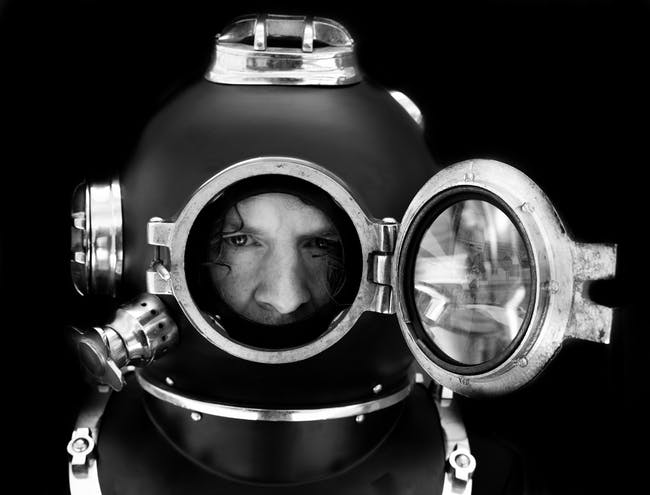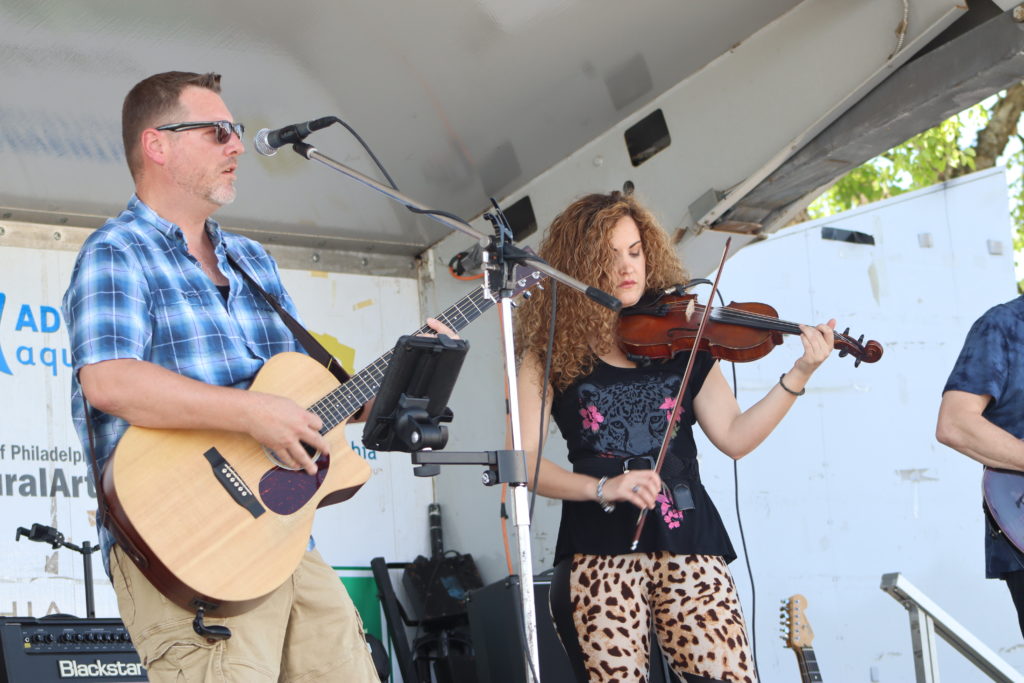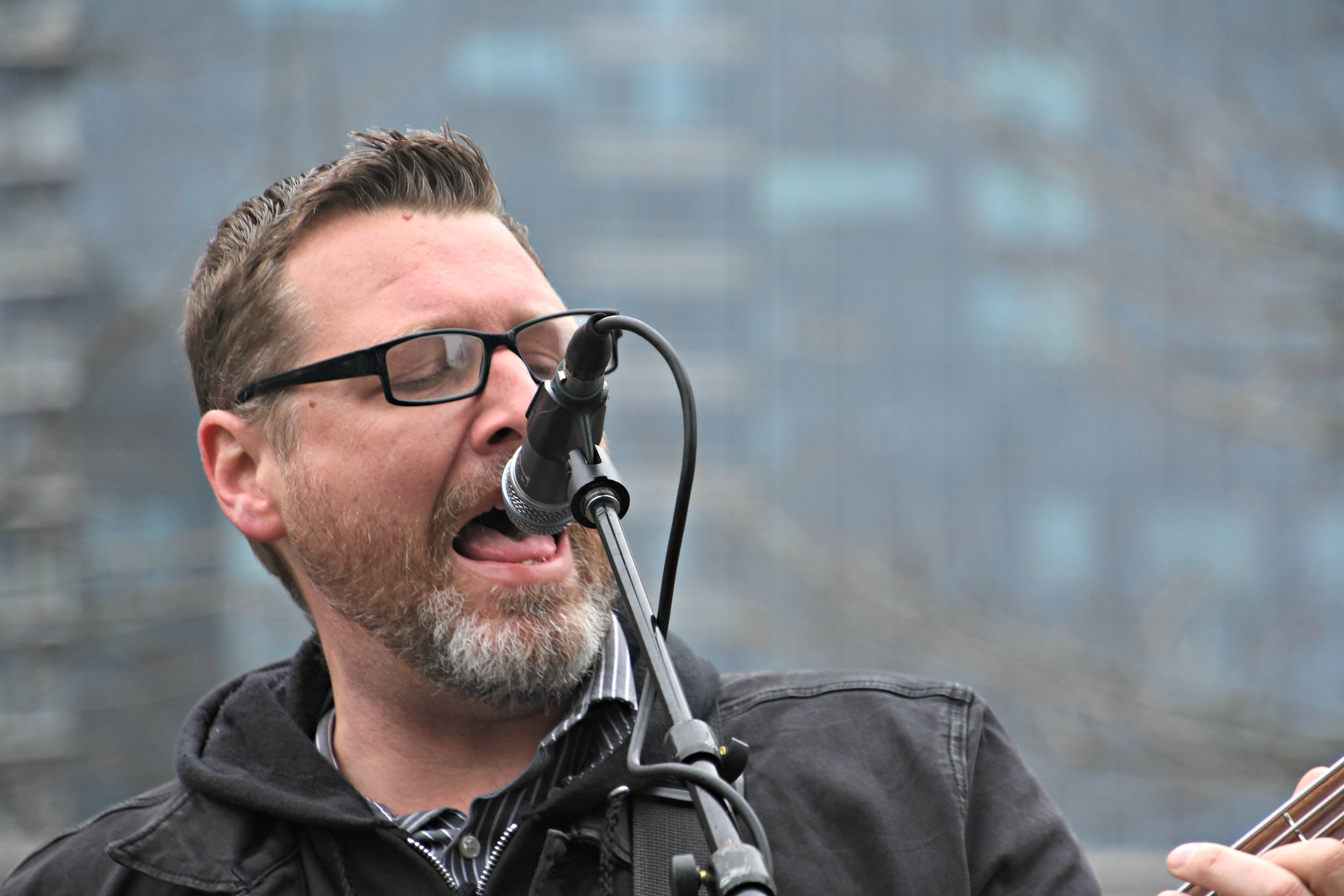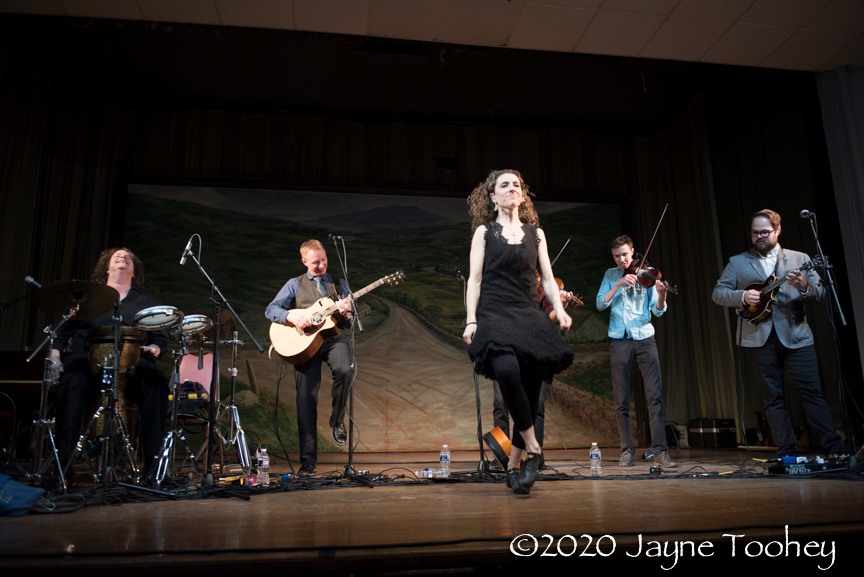 Hope, optimism and resilience can be rare commodities in the age of coronavirus.
Hope, optimism and resilience can be rare commodities in the age of coronavirus.
You might not expect any of the above from an Irish musician whose last booking came just three days before St. Patrick’s Day.
Like so many Irish musicians, Seamus Kelleher—a Galway-born virtuoso guitarist-singer-songwriter and alum of the celebrated band Blackthorn—lost work when the pandemic triggered state-mandated shutdowns at all the pubs, taverns and clubs where musicians typically find work during St. Patrick’s month.
“I did the Green Parrot in Newtown, Bucks County, on the 14th of March,” Kelleher recalls. “That was the last. It was an afternoon show. And it was surreal because at that stage there wasn’t a definite decision made to close everything down. It was just drip, drip, drip. But the owner and staff could tell. There was a real sense of impending doom. It was a very strange gig, and we just barely made the best of it, as we always do, but there was the sense that things could be changing, and that was very sobering for me.”
Right up until that day, Kelleher had been extremely busy. In fact, he explains, he was on target to have the best year of his solo career. In January, he embarked on a cross-country tour that included Colorado, Indiana and Kansas City. After that, he finished a 23-day tour of Florida before returning to Philadelphia for March madness. “I had 200 shows on the books, all across the country,” he says. To then only get halfway through March before everything closed down, he says, “was like having the rug pulled out from under me … but I wasn’t alone.”
Other local Irish musicians have regular jobs—assuming they still have them—and music is a sideline. For about 15 years, that was the case with Kelleher, who was employed as a speech writer in the corporate world, penning addresses for the presidents of Lincoln Financial and Drexel University, among others. But for the past five years, Kelleher has been committed to music full-time. But now, as a musician with no conventional day job, losing work had an impact. He continues to perform “porch concerts” live to Facebook, and they’ve been helpful, but Kelleher has been unexpectedly fortunate in another way.
During the past five years, Kelleher has devoted roughly two-thirds of his time purely to the performance of music, a lifelong passion dating back to the days when he was opening for the likes of Thin Lizzy. The remaining third of his career he devotes to motivational speaking. And he has quite the inspirational story to tell.
“I suffer from depression and anxiety and I’m a recovering alcoholic,” Kelleher explains, matter-of-factly. “So my motivational speech really talks about my journey. I incorporate some music into it, but the idea is to give hope for those who struggle with mental health and addiction. I also talk about suicide prevention. That’s a big, big part of what I talk about. I’ve been doing that the past three years, doing more and more of it.”
On March 22, Kelleher received a call out of the blue from Texas A&M College of Medicine. “I had spoken there a few times,” he says. “The last time was two years ago. And they asked me if I would talk to faculty and staff because a lot of their people were just starting to really stress out—as you can imagine. So I did a Zoom meeting for several hundred of their faculty and staff, and some of the students. Then, I did a few more meetings for them. After that, they asked me whether I would consider teaching a two-week class for the med students on mental wellness because the topic that I talked about was mental health in times of crisis.”
Continue Reading
 It’s strawberry season in Ireland, especially in County Wicklow, where the luscious berries are grown in great number at places like Green’s Berry Farm in Gorey.
It’s strawberry season in Ireland, especially in County Wicklow, where the luscious berries are grown in great number at places like Green’s Berry Farm in Gorey.










